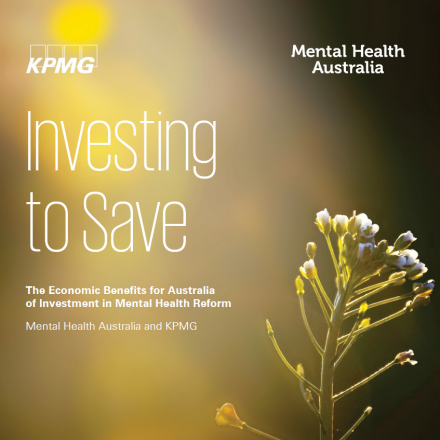NDIS – Proposal for a Quality and Safeguarding Framework – Key Issues Brief
DSS Consultation on the new NDIS Quality and Safeguarding Framework
This brief highlights the key points of a consultation paper recently released by the Department of Social Services (DSS) on the proposed National Disability Insurance Scheme (NDIS) Quality and Safeguarding Framework (the Framework). It is hoped this briefing will assist members should they choose to make a submission to the consultation process.
DSS proposes a nationally-consistent quality and safeguarding framework for participants in the NDIS. The Framework has three elements:
- Developmental. This is about building individuals’ own safeguards. According to the Framework, a person who has sound knowledge of their rights will be better protected, because they are able to exercise choice and control.
- Preventative. This includes risk management strategies, such as requirements for minimum qualifications, insurance, or ‘Working With Vulnerable People’ checks.
- Corrective. This includes complaints systems and other oversight requirements.
The Framework has the potential to reduce complexity for service providers, by presenting a single set of safety and quality requirements. However, this result would require health and disability departments to reduce or remove separate requirements (such as in program funding agreements) as this Framework is rolled out.
The Framework clearly recognises different preventative and corrective controls should apply for different types of service providers (e.g gardening vs personal care). It also recognises the National Disability Insurance Agency (NDIA) should work with providers to build their, and their staff’s, capacity – including through governance, staff training and education.
The Framework raises the potential of national ‘Working With Vulnerable People’ checks for some NDIS service providers. This would be a new requirement in some jurisdictions, and could pose compliance costs and workforce problems.
The Framework emphasises that informed decision-making by participants is a crucial part of ensuring quality and safety. While providing information is important, significantly more will be required to help some participants understand and exercise their rights, engage with the NDIA and service providers, and advocate for themselves, including making complaints if necessary.
The consultation paper raises the issue of whether an independent complaints resolution body is required, but doesn’t identify a preferred approach. However, the original Productivity Commission report on establishing the NDIS, envisaged that the NDIA should have an internal complaints office, to hear complaints about the NDIA and service providers.
We are also concerned that the Framework doesn’t sufficiently address the issue of ensuring the safety of service providers, and their staff.
Further information is available here - NDIS Quality and Safeguarding Framework. Submissions can be made online by 5pm on 30 April 2015.
Contact at Mental Health Australia: info@mhaustralia.org
| Attachment | Kind | Size |
|---|---|---|
| 325.86 KB |




